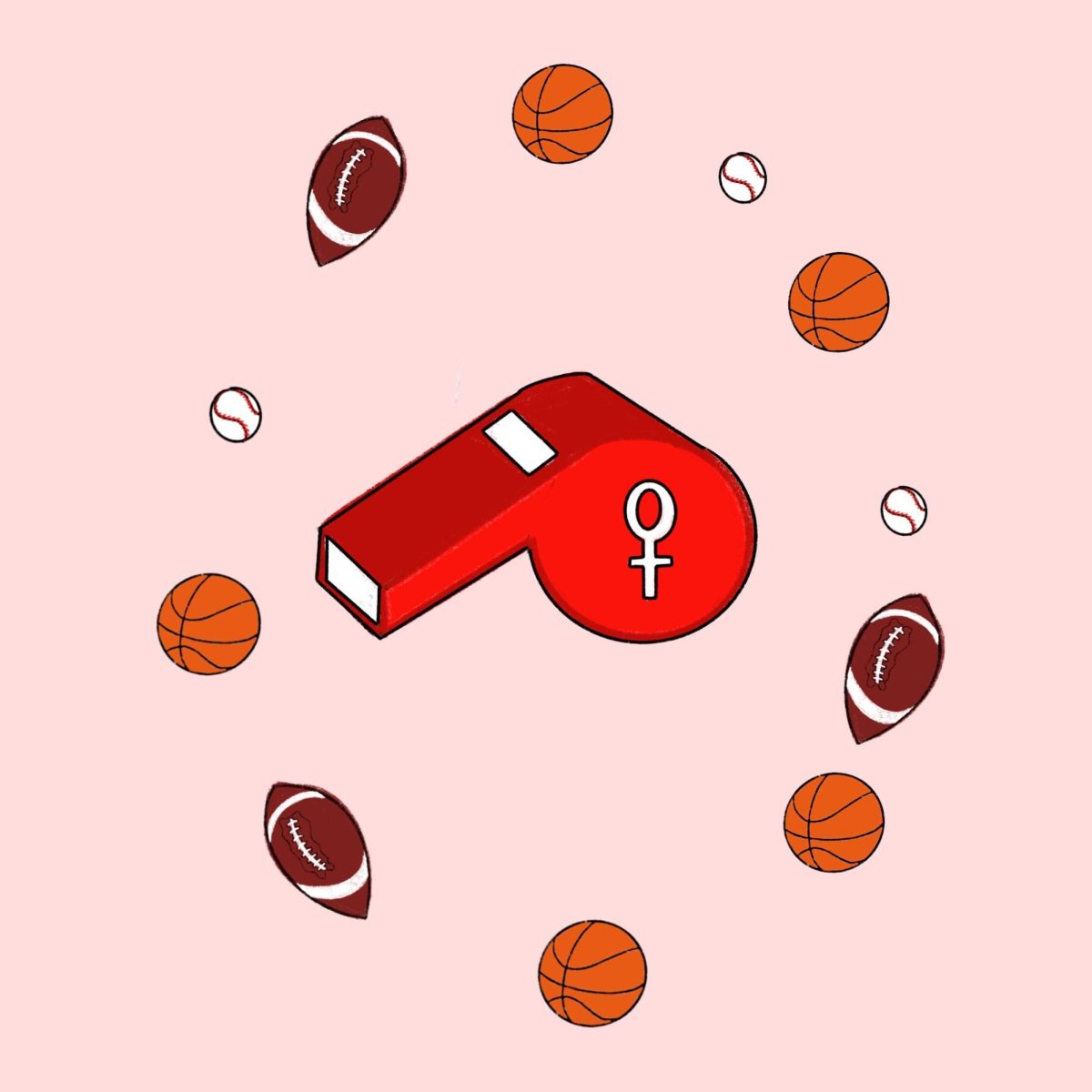On Oct. 31, 1997, the first-ever female referee officiated an NBA game. The woman who made it possible is Violet Palmer.
Palmer was a longtime WNBA referee but was never given the opportunity to officiate the NBA due to sexist assumptions on how women play the game.
Palmer didn’t complain that the NBA wouldn’t give her an opportunity, but rather, put her head down and worked hard to be the best WNBA referee she possibly could. After many years of continually having one of the highest referee grades in the sport, the NBA finally decided to give her a shot. When she got that opportunity, she was more than ready.
During the 1997 season, having a female referee was controversial, to say the least. Early on, Charles Barkley was quoted saying, “This is a man’s game.” Instead of taking this comment to heart, Palmer set out to prove him wrong.
A few years later, after Palmer proved she was just as good as male referees, Barkley approached her and admitted, “You know what? I was wrong.” That gesture meant the world to Palmer because she knew that this would change everything for other women who dreamed of being NBA referees.
26 years after that first game, there are now eight full-time female referees in the NBA, and that number is only continuing to grow. There is still a lot of work to do to get the number of men and women referees to be equal, but with time and energy, the NBA can increase the number of women referees who are full-time employees.
Having female referees in the NBA makes sense because men’s and women’s games have minor differences to rules. Those who become referees have played the game themselves. But when it comes to sports like football and baseball, where there are only professional men’s teams, it’s been a little harder to incorporate women.
Women don’t have the opportunity to play these sports at the high school, collegiate or professional level. There simply are no women’s teams. Because of this, critics aren’t convinced that women will do a good job refereeing, say, the NFL. Even the MLB does not have a single female umpire.
But the NFL is trying. It implemented its first female referee in 2015.
There was backlash because the NFL is a male sports league and some of the general public thought having female referees would be a bad idea because they wouldn’t understand the physicality of the sport. In response, the NFL decided to do a test run with a woman named Sarah Thomas and allow her to be the first full-time female referee in NFL history. And Thomas was phenomenal.
After Thomas’s sixth year in the league, her referee grade was so high that she was selected to be a referee for the 2021 Super Bowl in Tampa Bay.
Similar to the NBA, the experiment of adding a female referee was a success and more women were selected to be full-time NFL referees in the coming years. As of right now, there are currently three full-time female referees in the NFL and that number will continue to grow throughout the next few years.
Allowing women to referee these major sports leagues helps other women be inspired and motivated to challenge sexist and exclusionary occupations and fields. Allowing women to referee helps young women develop an interest in these fields that were once off-limits to them.
For people who are already invested in these professional sports, it shows that change can be extremely beneficial for everyone involved. When there are facts that show female referees are just as good, if not better, than male referees, it allows organizations to consider implementing female referees into the game.
Overall, the implementation of female referees in professional and collegiate sports has been wildly successful and will continue to help grow and change the sports landscape.




